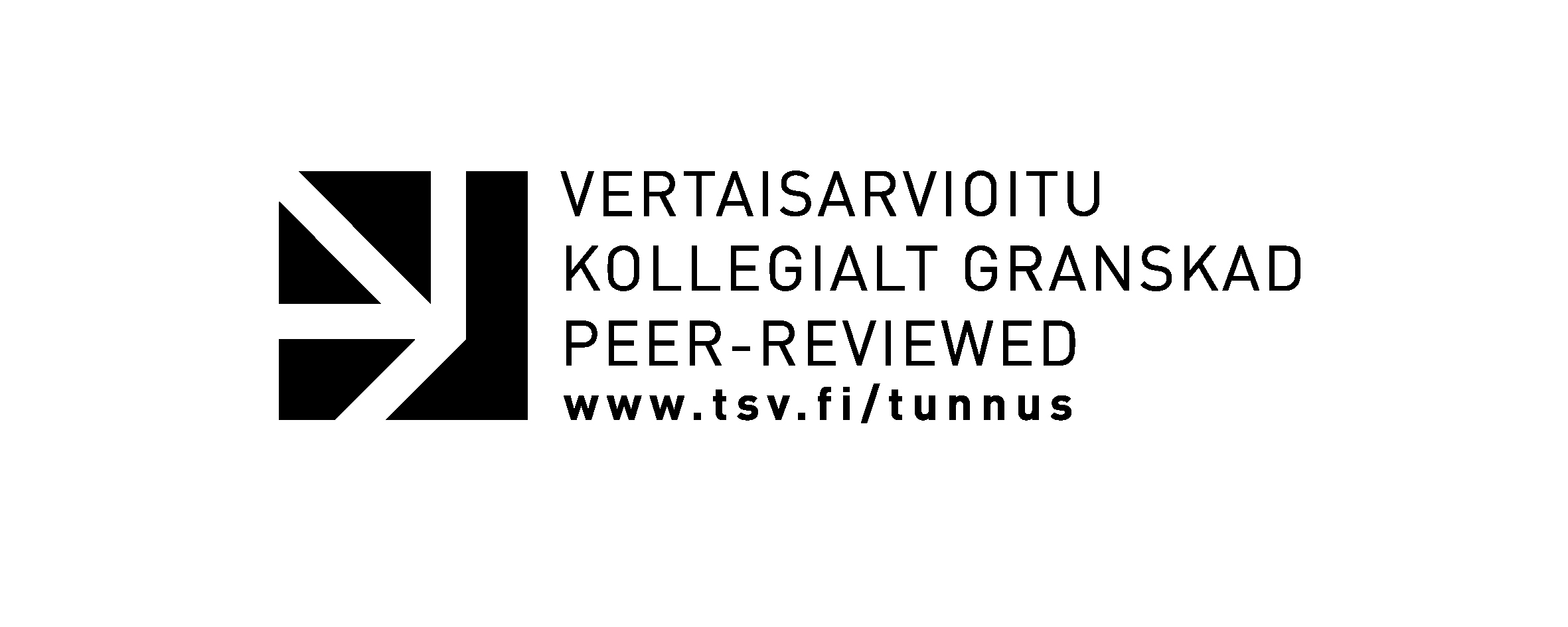Birthday and Bonds - A Strategy to Constitute 'Bindung' in Eastern German Villages
Keywords:
Bindung, birthday, East-GermanyAbstract
I did an awful mistake: I forgot the blrthday of my German mother in law. This should never happen. Before this unpleasent occurance, I was essentially of the opinion that this kind of faux pas are human and they can not be taken seriously. And I was so wrong. Afterwards, I have adjusted my opinion of birthdays. It took long time for my mother in law to forgive me. Finally, after this misfortune and many enjoyable birthday celebrations I begun to recognize the value of the birthdays in East Germany and to understand that you can not forget the birthdays of your family members. Since this accident I have made a list to hang on my door every spring to remind me: 5.3. mother in law, 19.4 father in law, 29.4 sister in law, 11.6 grandmother and so on.
In broad sense I am interested in the transformation of social cohesion. In this article, I focus on the meaning of the birthday celebration as a
method to construct a community feeling in East German villages.
This article is based on ethnographical interviews, which I have compleced in three villages in the county of Uckermark in northeast Germany between 200 I and 2007. The first interviews were
collected in Schwaneberg for my previous Masters thesis. As a result of that fieldwork, I came to the conclusion that the people of this village do feel an enormous loss of togethrness in their community after the collapse of socialism. In research literature of post-socialism, this decrease of collectivity is often related to the privatisation of working co-operatives and the disappearing working communities. In addition to this, with regard to the data l have gathered in eastern Germany, the separation of daily practices to private and public as well as vanishing of physical public places in the villages have left a feeling of emptiness behind. Many of the former everyday public places became trivial
after the collapse of socialism which resulted into abandoned locations and weakening communication between the inhabitants in daily life.







